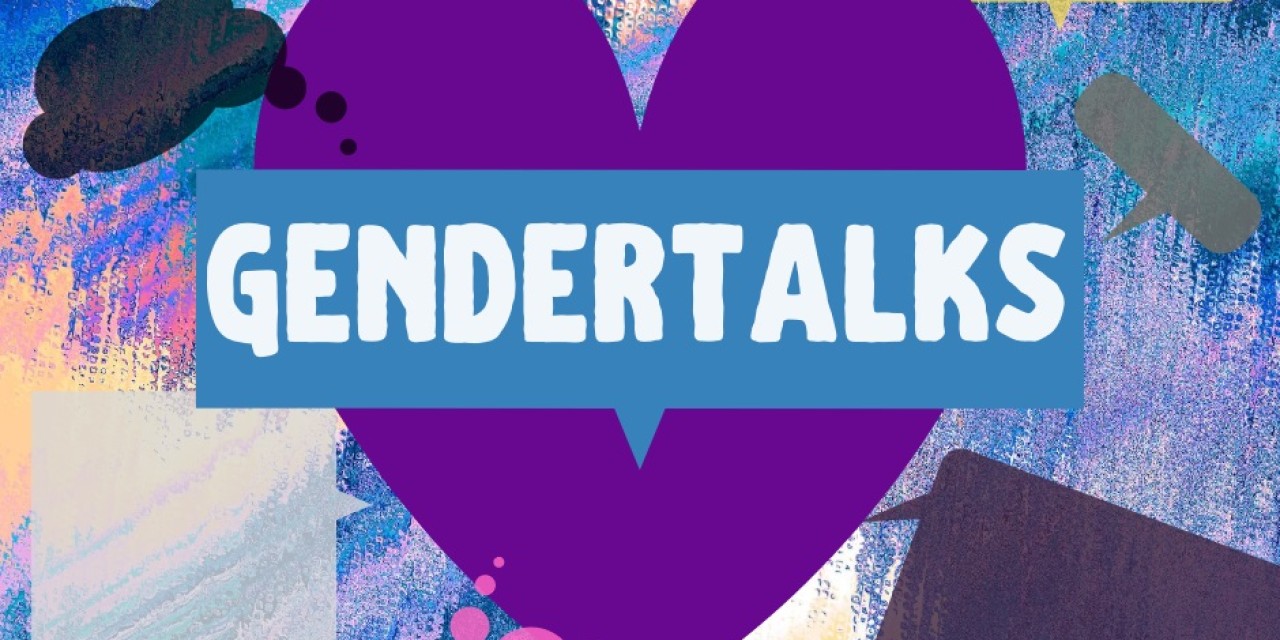How can public humanities projects respond to moments of crisis? At University of Wisconsin’s Center for the Humanities, undergraduate and graduate humanities responders are bringing the tools of the public humanities to the unique challenges presented by COVID-19. By adapting the longstanding programmatic structure of their Graduate Public Humanities Exchange [HEX] program - a grant program that financially supports innovative public humanities projects between community organizations and students - the Center was able to quickly and creatively promote high impact projects in a time of high uncertainty.
Like many faced with a feeling of hopelessness at the opening moments of the pandemic, Assistant Director of Public Humanities Aaron Fai and Humanities Center Director Russ Castronovo, reimagined how the aims of HEX could meet the needs of students and the community. To ensure that it is easy for students to apply for funding, project submissions are accepted on a rolling basis and projects can be proposed through video application or through an informal pitch. Fai saw these measures as a way of immediately and creatively rising to the occasion of the crisis at hand. “It's empowering to hear that phrase ‘humanities responder,’ Fai noted, “to put yourself in those shoes and feel that what you're doing is worthwhile and could have an impact in the same way that a first responder has.”
Through the Humanities Responders program, ten graduate and twelve undergraduate students have begun remote projects that serve and bolster the current work of community organizations, non-profits, cultural institutions, and public agencies. Two graduate humanities responders, Alexandra Lakind and Orion Lee Risk, have worked to turn the connectivity challenges the pandemic poses into opportunities to create programming that addresses the particular binds that community members and organizations are facing.
Lakind, who is a doctoral candidate in Curriculum & Instruction and Environmental Studies at UW-Wisconsin, is working as part of an ongoing partnership with Kate MacCrimmon at Satellite Family Child Care to restore a professional development series for child care providers at the Madison Public Library that was canceled due to COVID-19. Lakind, who previously worked in child care herself, started this collaboration in 2015 in response to what she saw as a lack of professional development spaces that treated child care providers, and particularly Spanish speaking providers, as advanced professionals with years of expertise. With women of color making up 40% of child care providers and one in five providers being immigrants (a portion of whom are undocumented), Lakind and MacCrimmon bring feminist frameworks of care to their events and emphasize full bilingual access and participation for Spanish-speakers. Recent workshops such as “WI Model Early Learning Standards and the Natural World” and “Conscious Communication and Non-violent Communication,” bring humanities skill sets to foster a space for childcare providers to reflect on their role providing essential childcare, teaching, and crisis management services on the frontline of the pandemic. In the “Natural World” workshop, providers learned about activities they could do with children outdoors that encouraged both safe COVID protocols and creative engagement with the environment. In previous workshops, participants--modeling classroom discussion and collective humanistic analysis--have engaged in conversations around changing state policies, funding, and regulations that impact their work as childcare providers and as people with variously marginalized social identities. As Lakind notes, “professionalization doesn't just mean showing that this job deserves money, which it does, and resources, which it does, but it also means creating the space for shared collective analysis and support. And I think that's what we really felt was missing in the lives of family child care providers.”
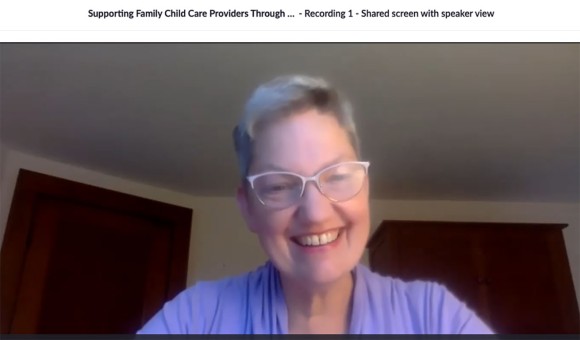
Child care as a kind of labor has become more visible (and more strenuous) as a result of stay-at-home orders; providers are tasked with providing care with uneven access to personal protective equipment while simultaneously navigating new remote learning for children who normally would be at school. While the switch to a virtual platform made the more intrinsic pieces of in-person connection more difficult (and for many full access to technology is still limited), MacCrimmon also cited an increase in participation in their workshops by four fold due to the accessibility that zoom affords and the increased support needs of the moment. Leaning on established relationships with local translators and their long-standing working relationship with the Madison Public Library was essential to the short-term success of the series, and Lakind is hopeful that they will continue to incorporate these remote infrastructure into the library’s offerings beyond the pandemic moment.
Humanities Responder Orion Lee Risk, who is a master’s student in Interdisciplinary Theatre Studies at Wisconsin, also saw the turn toward virtual engagement during quarantine as an opportunity to provide a less visible community with a space to gather. “There was a lot that was rough about that shift,” Risk reminisces about the stay-at-home transition, “but I also found myself with unexpected positives I was experiencing. I'm transgender and I didn't have to go out into the streets and carry the consciousness of what other people might be saying, and what they might be thinking about me. I just had this whole open space inside myself where normally there might be that concern. I was like, I wonder what other people in my community or other people with diverse genders are experiencing right now?”
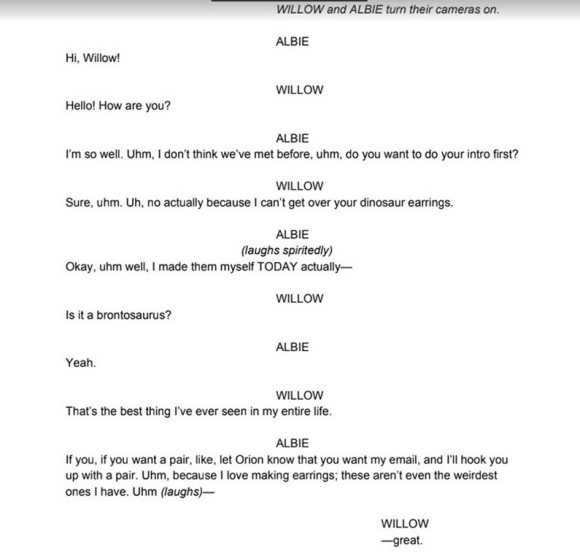
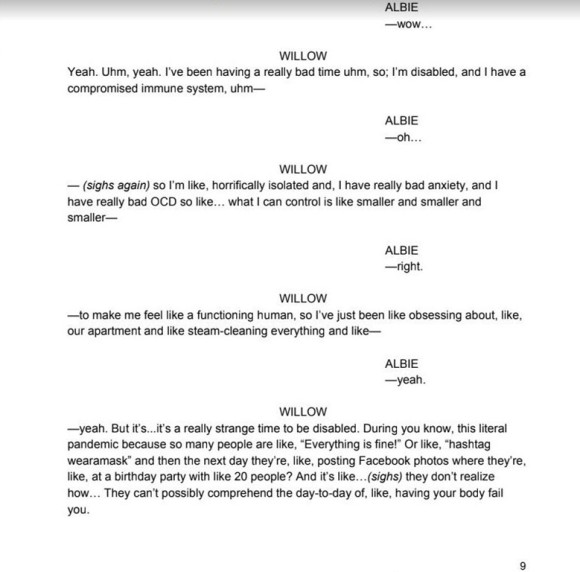
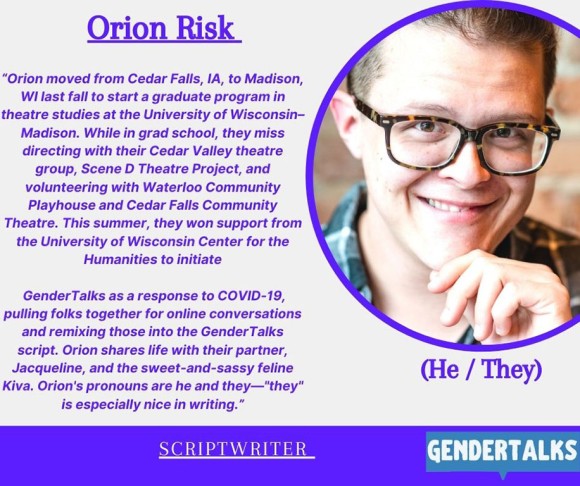
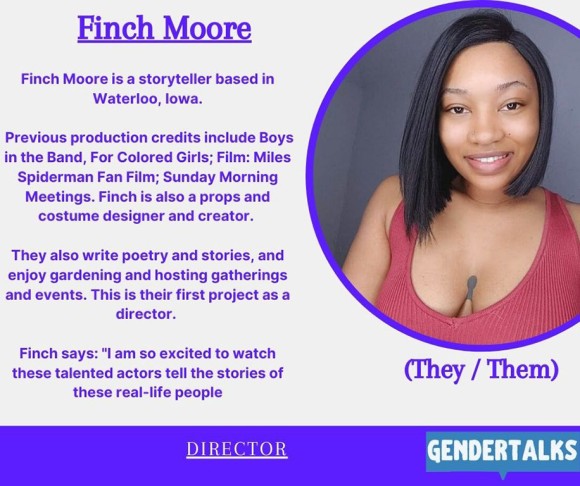
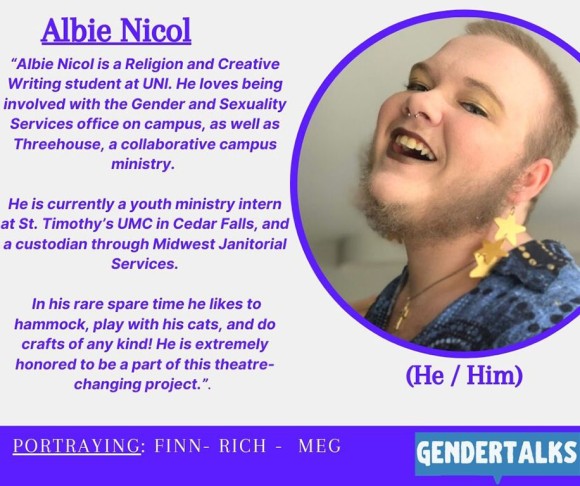
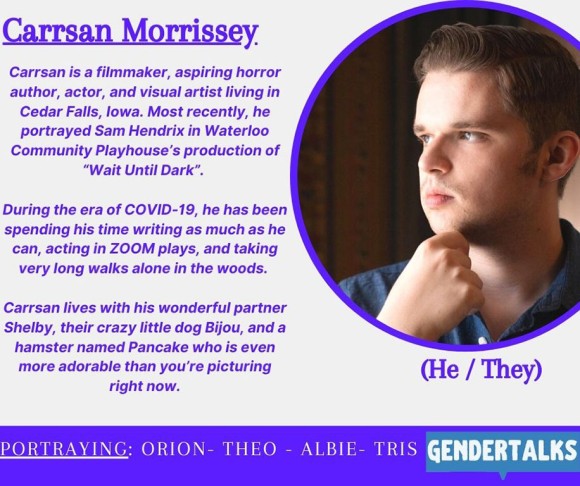
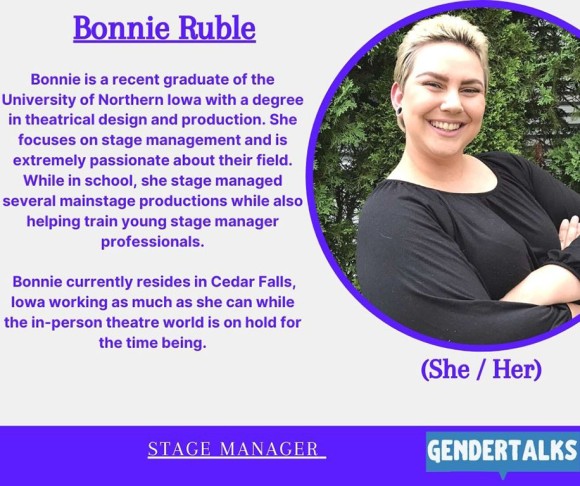
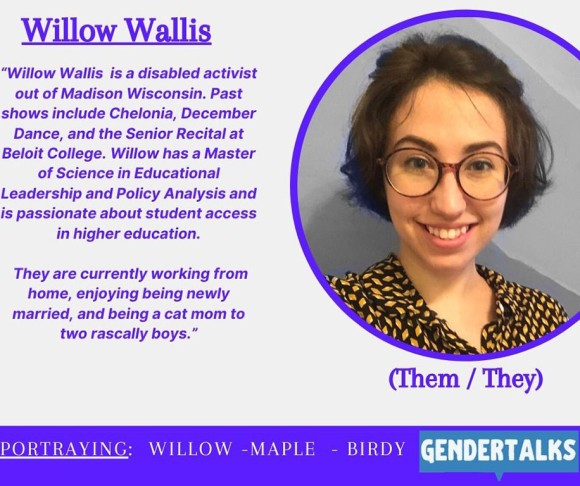
As a result, Risk facilitated a series of online dialogues between trans, nonbinary, and gender nonconforming folks in Dane County, Wisconsin and Black Hawk County, Iowa — an epicenter of the coronavirus outbreak in the U.S.— to discuss their experiences with gender during the pandemic. These dialogues then turned into GenderTalks, a piece of documentary theater directed by Finch Moore and produced in partnership with Iowa-based Rising Fire Theatre in which an audience of any gender listened in as "invited eavesdroppers." Risk particularly embraced how Zoom as a platform brought with it a specific opportunity for vulnerability and connection. “There's an intimacy to the zoom space that is different from the intimacy of a live space. We were able to have face to face conversations between people who live in different states, and in some cases are immunocompromised and are seeing basically no one in person.” Risk is also thinking through how this kind of virtual piece allows GenderTalks to be used as a teaching tool, and can be adapted and performed for high schoolers as a way of engaging conversations around gender and identity.
Tying this project to their academic work, Risk saw the public humanities as a way of continuing to engage and produce work in a meaningful way during the pandemic. “In the field I work in academically there’s the whole concept of practice as research. That this theater thing that we are doing simultaneously creates research knowledge. So I can do a thing that is academically exciting that's also socially and publicly exciting and valuable and do it in the middle of a moment of crisis. these things don't have to be separate.”
Learn more about how other graduate Humanities Responders are partnering with communities impacted by the pandemic.
